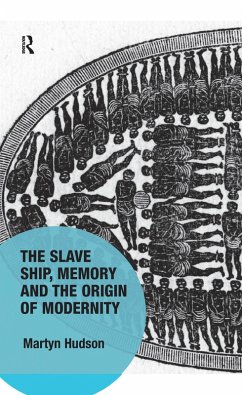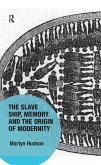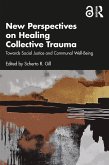Traces; slave names, the islands and cities into which we are born, our musics and rhythms, our genetic compositions, our stories of our lost utopias and the atrocities inflicted upon our ancestors, by our ancestors, the social structure of our cities, the nature of our diasporas, the scars inflicted by history. These are all the remnants of the middle passage of the slave ship for those in the multiple diasporas of the globe today, whose complex histories were shaped by that journey. Whatever remnants that once existed in the subjectivities and collectivities upon which slavery was inflicted has long passed. But there are hints in material culture, genetic and cultural transmissions and objects that shape certain kinds of narratives - this is how we know ourselves and how we tell our stories. This path-breaking book uncovers the significance of the memory of the slave ship for modernity as well as its role in the cultural production of modernity. By so doing, it examines methods of ethnography for historical events and experiences and offers a sociology and a history from below of the slave experience. The arguments in this book show the way for using memory studies to undermine contemporary slavery.
Dieser Download kann aus rechtlichen Gründen nur mit Rechnungsadresse in A, B, BG, CY, CZ, D, DK, EW, E, FIN, F, GR, HR, H, IRL, I, LT, L, LR, M, NL, PL, P, R, S, SLO, SK ausgeliefert werden.









